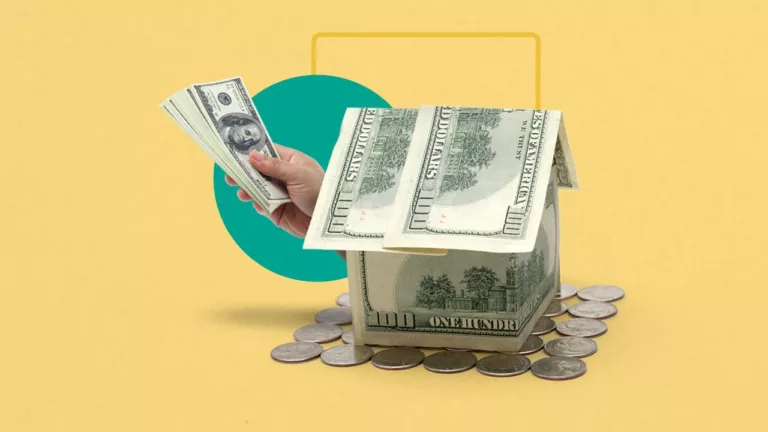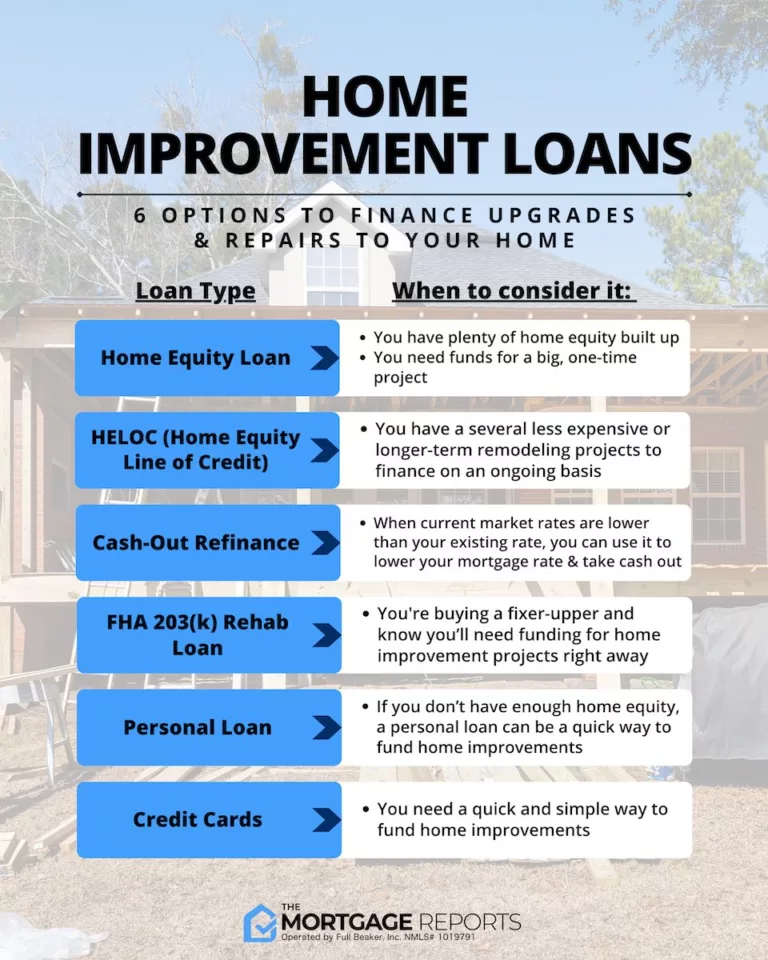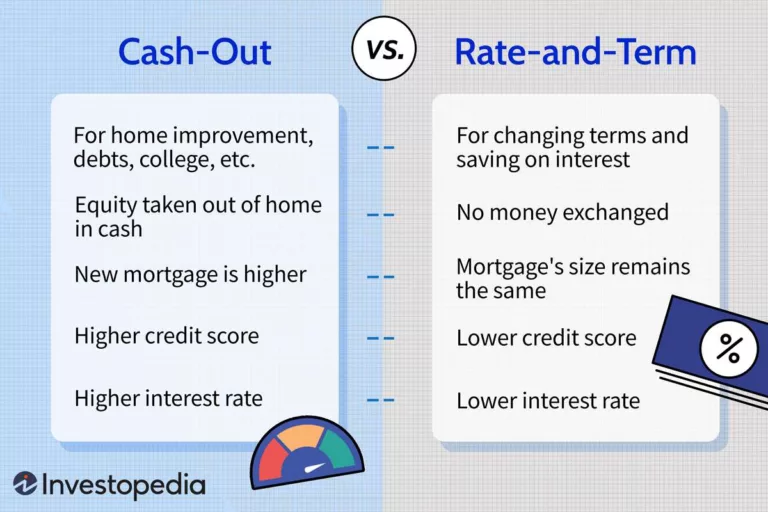How to Sell a House With a Mortgage: Expert Strategies Revealed!
To sell a house with a mortgage, you need to determine the outstanding balance, consult with your lender, and explore options such as refinancing or paying off the loan at closing. Selling a house with a mortgage can be a complex process that requires careful consideration and planning.
It is important to understand your financial obligations and work closely with your lender to ensure a smooth transaction. We will discuss the steps involved in selling a house with a mortgage and provide helpful tips to navigate this situation successfully.
So, let’s dive in and explore how you can sell your house when you still have a mortgage.

Credit: deal.town
Understanding Selling A House With A Mortgage
Selling a house with a mortgage can be a complex process, but with the right approach, it is possible. Understanding the steps involved and working with professionals can help ensure a successful sale while managing your mortgage obligations.
Understanding Selling a House With a Mortgage Selling a house is a significant decision that involves careful planning and consideration, especially when you still have an outstanding mortgage on the property. To successfully navigate this process, it is essential to have a clear understanding of how to sell a house with a mortgage. In this section, we will delve into the basics of selling a house with a mortgage, and the factors you must consider before making your final decision.The Basics Of Selling A House With A Mortgage
Selling a house with a mortgage follows a slightly different process compared to selling a property outright. However, with the right approach, it can be a smooth transaction. Here are some key points to keep in mind: 1. Loan Payoff Amount: Before listing your property for sale, you will need to determine the loan payoff amount. This includes the remaining balance on your mortgage, as well as any applicable prepayment penalties or fees. Contact your lender to obtain an accurate payoff statement. 2. Home Equity: Evaluating your home equity is crucial to understanding your financial standing and potential profit from the sale. Home equity is the difference between your property’s market value and the outstanding mortgage balance. An equity calculation will help you estimate the potential proceeds from selling your house. 3. Timing: Timing plays a vital role when selling a house with a mortgage. Consider the current real estate market conditions, such as supply and demand. Additionally, factor in your personal circumstances, such as job relocation or financial goals, to determine the most favorable timing for selling your property.Factors To Consider Before Selling With A Mortgage
While selling a house with a mortgage is feasible, several factors need careful consideration. Take a look at the following aspects before proceeding with the sale: 1. Prepayment Penalties: Some mortgages include prepayment penalties if you pay off the loan early. It is important to review your mortgage agreement to understand if any such penalties exist. Consult with your lender to ascertain the potential financial impact, as this can affect your final decision. 2. Selling Costs: Selling a house incurs various expenses, including agent commissions, closing costs, and potential repairs or staging costs. Assess these expenses and determine if you have the financial resources to cover them. Calculating these costs will give you a clear picture of the expected net proceeds from the sale. 3. Financial Implications: Selling your house with a mortgage can have financial consequences. Consider the impact on your credit score and how it may affect your future borrowing abilities. Review your financial goals and discuss your plans with a financial advisor to ensure an informed decision aligned with your long-term objectives. Selling a house with a mortgage may seem complex, but arming yourself with the necessary knowledge is the first step towards a successful sale. By understanding the basics of selling a house with a mortgage and considering the relevant factors, you can navigate the process with confidence and maximize your potential profit.Preparing Your Mortgage For Sale
When it comes to selling a house with a mortgage, there are certain steps to take in order to ensure a smooth transition. One crucial aspect is preparing your mortgage for sale. This involves contacting your mortgage lender, determining your mortgage payoff amount, and considering mortgage assumption or transfer. Let’s dive into each of these steps below.
Contacting Your Mortgage Lender
To start the process of selling your house with a mortgage, it is essential to reach out to your mortgage lender. Notifying them about your plans and intentions is necessary as it enables them to provide the necessary guidance and support throughout the process. Be prepared to provide them with important details such as your loan account number, property address, and your intention to sell the house. This step is crucial to establish open communication channels and ensure a smooth transaction.
Determining Your Mortgage Payoff Amount
Before putting your house on the market, it is vital to determine your mortgage payoff amount. This is the outstanding balance on your mortgage that needs to be settled in order to clear the debt completely. To calculate this amount, contact your mortgage lender or check your online mortgage account. The payoff amount includes the remaining principal balance, any interest charges, and any applicable fees or prepayment penalties. Having a clear understanding of your mortgage payoff amount allows you to set an appropriate asking price for your house.
Considering Mortgage Assumption Or Transfer
When selling a house with a mortgage, it is worth considering the option of mortgage assumption or transfer. This allows the buyer to take over your existing mortgage, eliminating the need for them to seek a new loan. However, this option is subject to the lender’s approval and the buyer meeting certain requirements. It can be a great advantage for both parties, as the assumption or transfer process can save time, money, and effort. Consult with your mortgage lender to explore this possibility and understand the specific terms and conditions involved.
| Key Points: |
|---|
| – Contact your mortgage lender to inform them about your intention to sell the house. |
| – Determine your mortgage payoff amount to have a clear understanding of your financial obligations. |
| – Consider mortgage assumption or transfer as an option to streamline the selling process. |
By following these steps and being proactive in preparing your mortgage for sale, you can minimize complications and ensure a successful transaction. Keep in mind that each situation may vary, so it’s always advisable to consult with professionals and experts in the field to guide you through the process seamlessly.
Preparing Your House For Sale
Preparing your house for sale is an essential step in successfully selling your home, especially if you still have a mortgage to pay off. By taking the time to enhance your home’s curb appeal, stage it for a quick sale, and complete necessary repairs, you can attract potential buyers and increase your chances of selling your house with a mortgage. In this section, we will explore these three key aspects of preparing your house for sale.
Enhancing Curb Appeal
First impressions matter, and when it comes to selling your home with a mortgage, enhancing your curb appeal can make a significant difference. Prospective buyers are more likely to show interest in a house that looks well-maintained and inviting from the outside. Here are some effective ways to enhance your home’s curb appeal:
- Maintain a neat and tidy front yard by mowing the lawn, trimming bushes, and removing any weeds.
- Plant colorful flowers or add potted plants near your front entrance to create a welcoming atmosphere.
- Ensure your home’s exterior is clean and well-painted. Consider power-washing the walls or giving them a fresh coat of paint if necessary.
- Repair or replace any broken or outdated fixtures, such as the front door, mailbox, or house numbers.
- Make sure your driveway and walkways are in good condition. Repair any cracks and consider adding fresh sealant if needed.
- Install outdoor lighting to highlight specific features of your home and improve safety.
Staging Your Home For A Quick Sale
Staging your home can significantly impact how quickly it sells. The goal is to create an inviting space that helps potential buyers envision themselves living in your home. Here are some tips to effectively stage your house:
- Declutter your home to make it appear more spacious and organized. Consider renting a storage unit if necessary.
- Arrange furniture in a way that creates an open and flowing layout. Use neutral colors and remove personal items to allow buyers to envision their own style in the space.
- Maximize natural light by opening curtains and blinds.
- Add tasteful decorations, such as fresh flowers, to enhance the ambiance.
- Keep the temperature comfortable and ensure pleasant scents throughout your home.
- Highlight the unique features of your house, such as a fireplace or a stunning view, to captivate the interest of potential buyers.
Completing Necessary Repairs
Prioritize necessary repairs to ensure your home is in top condition and ready to attract buyers. Here are some crucial repairs to consider:
| Repair | Why it’s important |
| Fixing leaky faucets or pipes | Prevents water damage and shows buyers that your home has been well-maintained. |
| Repairing cracks in the walls or ceilings | Gives your home a polished look and reassures buyers that there are no hidden structural issues. |
| Replacing broken windows or doors | Improves energy efficiency and enhances the security of your home. |
| Fixing any electrical issues | Ensures safety and avoids potential hazards. |
| Updating outdated fixtures or appliances | Increases the overall appeal and value of your home. |
By enhancing your home’s curb appeal, staging it for a quick sale, and completing necessary repairs, you can significantly increase the chances of selling your house with a mortgage. Remember, a well-prepared house not only attracts more potential buyers but also allows you to showcase your home’s best assets while minimizing any potential drawbacks. Take the time to invest in these preparations, and you’ll be one step closer to a successful sale.
Pricing And Marketing Your House
Discover effective strategies for pricing and marketing your house to sell, even if you have a mortgage. Learn how to attract buyers and maximize your selling potential with expert tips and insights.
Determining The Right Listing Price
Determining the right listing price is a crucial step when selling a house with a mortgage. Setting the price too high may scare away potential buyers, while setting it too low could mean losing out on potential profit. To determine the optimal listing price, you’ll need to consider several factors:- Comparative Market Analysis (CMA): Conducting a CMA helps you understand the prices at which similar properties in your area have recently sold. This information can provide a good starting point for pricing your own house.
- Appraisal: Getting a professional appraisal can give you an accurate estimate of your home’s value. Appraisers consider factors such as location, size, condition, and recent sales of similar properties.
- Mortgage Balance: Take into account the remaining balance on your mortgage when determining your listing price. This will help ensure that you cover your outstanding loan amount and associated costs.
- Market Conditions: Keep an eye on the current real estate market conditions in your area. A seller’s market, with high demand and low inventory, may allow you to set a higher price, whereas a buyer’s market may require a more competitive pricing strategy.
Creating An Effective Marketing Plan
Creating an effective marketing plan is essential for attracting potential buyers to your house with a mortgage. A well-thought-out marketing strategy will increase visibility and help generate interest. Here are some key steps to include in your plan:- Online Listings: Utilize popular real estate websites and listing platforms to showcase your property. Include high-quality photographs, a detailed description, and highlight unique features of the house.
- Social Media Promotion: Leverage social media platforms such as Facebook, Instagram, and Twitter to reach a wider audience. Share professional photos and engaging content about your property, and encourage your connections to share with their networks.
- Open Houses: Hosting open houses allows potential buyers to view the property and envision themselves living there. Prepare the house by staging it attractive with minimal clutter and ensure it is clean.
- Print Advertising: Consider placing ads in local newspapers, real estate magazines, and community newsletters to target potential buyers in your area.
- Networking: Reach out to your personal and professional networks, including friends, colleagues, and acquaintances, and let them know about your upcoming sale. They might know someone in the market for a new home.
- Hire a Real Estate Agent: For a comprehensive and effective marketing plan, it’s wise to work with a qualified real estate agent. They have the experience and resources to market your property efficiently and attract the right buyers.
Highlighting Mortgage Transfer Options
Highlighting mortgage transfer options can be a valuable selling point when you have an existing mortgage on the house. Offering potential buyers the option to assume your mortgage can make your property more appealing. Here are a few key points to highlight:- No Need for Financing: By assuming your mortgage, buyers can avoid the lengthy and sometimes uncertain process of securing new financing.
- Lower Interest Rates: If your mortgage has a lower interest rate than current market rates, it can be an attractive feature for potential buyers.
- Reduced Closing Costs: Assuming an existing mortgage may result in lower closing costs as buyers won’t need to pay for origination fees or certain other lender costs associated with a new mortgage.
- Simplified Approval Process: Buyers who meet the lender’s qualification criteria can benefit from a simplified approval process when assuming your mortgage.
- Flexibility for Negotiation: Offering mortgage transfer options can provide flexibility for negotiation in terms of purchase price, closing date, or other conditions.
Navigating The Sale Process
When it comes to selling a house with a mortgage, navigating the sale process can be both exciting and challenging. However, with the right steps and guidance, you can successfully sell your house and pay off your mortgage. In this article, we will explore the key aspects of the sale process to help make your journey smoother and more rewarding.
Finding The Right Real Estate Agent
Finding the right real estate agent is crucial in selling your house with a mortgage. A skilled and experienced agent can help you navigate the complexities of the process effectively, ensuring that you can sell your house for a fair price within a reasonable timeframe. Here are a few tips to help you find the perfect real estate agent:
- Do your research: Look for real estate agents who have a successful track record of selling houses with mortgages.
- Interview multiple agents: Reach out to several agents and interview them to assess their knowledge, experience, and marketing strategies.
- Check references: Ask for references from past clients to get an idea of their professionalism and client satisfaction.
- Review marketing plans: Evaluate the agents’ marketing plans and how they plan to showcase your house to potential buyers.
Negotiating With Potential Buyers
Once you have found a real estate agent who matches your requirements, they will assist you in negotiating with potential buyers. Effective negotiation skills are crucial at this stage to ensure you get the best possible price for your house. Here are some tips to keep in mind:
- Set a competitive asking price: Work with your agent to determine a listing price that reflects the current market value of your house.
- Consider offers carefully: Assess each offer you receive and take into account factors such as the buyer’s financial readiness and contingencies.
- Be open to negotiations: Be prepared to negotiate price, closing dates, and other terms to reach a mutually beneficial agreement.
- Consult with your agent: Rely on your agent’s expertise to guide you through the negotiation process and provide valuable advice.
Finalizing The Sale And Paying Off The Mortgage
Once you have successfully negotiated with a buyer and accepted an offer, it’s time to move forward with finalizing the sale and paying off your mortgage. Here are the crucial steps involved:
- Contact your mortgage lender: Inform your mortgage lender about the impending sale and request a payoff amount statement.
- Coordinate with your agent: Collaborate with your real estate agent to complete all necessary paperwork and facilitate the closing process.
- Arrange a home inspection: Coordinate a home inspection if the buyer requests one, ensuring that any necessary repairs are promptly addressed.
- Attend the closing: Set a date for the closing and make sure to attend, bringing all required documents and identification.
- Paying off the mortgage: At the closing, your mortgage lender will receive the necessary funds from the sale proceeds to pay off your mortgage.
By following these steps and working closely with your real estate agent, you can navigate the sale process smoothly and successfully sell your house with a mortgage. Selling a house with a mortgage can be a complex endeavor, but with the right strategies and guidance, you can achieve your goals and move towards a new chapter in your life.

Credit: directory.libsyn.com

Credit: www.facebook.com
Frequently Asked Questions On How To Sell A House With A Mortgage
How Does Selling A House Work If You Have A Mortgage?
To sell a house with a mortgage, you’ll need to clear the loan by paying off the remaining balance. Once the mortgage is paid, you can sell the property and transfer ownership to the buyer. Any proceeds from the sale can be used to settle the mortgage debt.
Can I Transfer My Mortgage To Someone Else?
Yes, you can transfer your mortgage to someone else. This process is called mortgage assumption and it involves the new borrower taking over your loan. Consult your lender to discuss the details and requirements for transferring your mortgage.
What Happens To Your Mortgage When You Sell At A Loss?
If you sell your home at a loss, you’ll still need to pay off your mortgage. The remaining balance is usually paid using proceeds from the sale or your own funds.
What Happens If You Want To Move Before Your Mortgage Is Paid Off?
If you want to move before your mortgage is paid off, you can sell your home and use the proceeds to pay off the remaining mortgage balance. Alternatively, you can transfer the mortgage to the new property if the lender allows it.
Discuss your options with your lender to find the best solution.
Conclusion
Selling a house with a mortgage can be complex, but by following these steps, you can navigate the process smoothly. Start by determining your home’s market value and consulting with a real estate agent. Next, consider different selling options such as selling the home yourself or using a professional.
Lastly, prepare your home for sale, market it effectively, and negotiate with potential buyers. With careful planning and the right guidance, you can successfully sell your house and navigate the challenges of selling with a mortgage.



